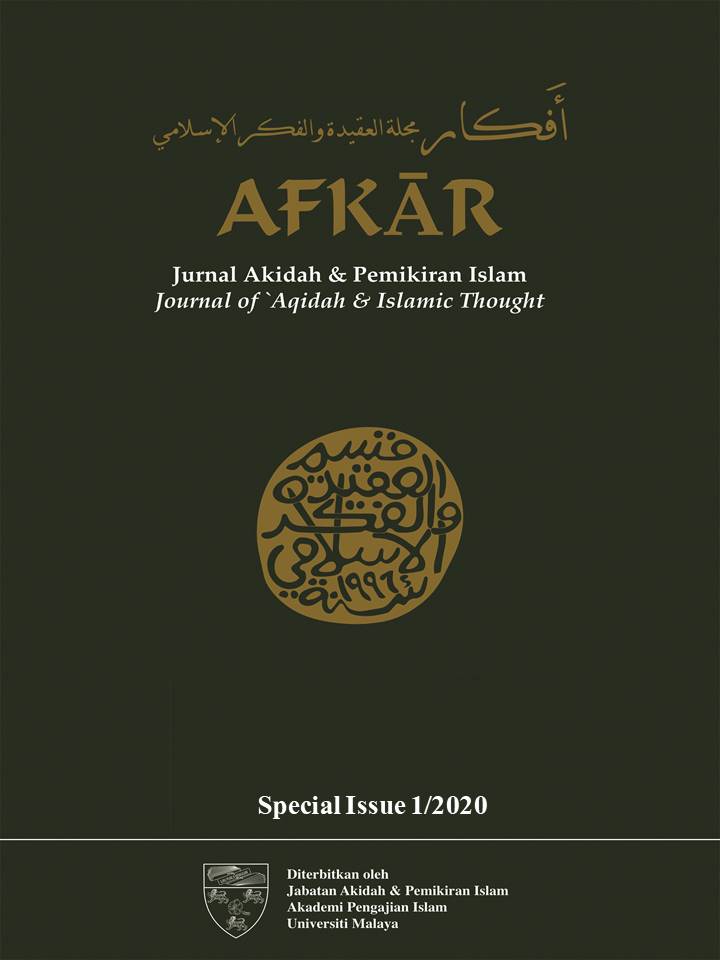The Inviolability of the Non-Muslims in Islamic Law: A Comparative Reading of Modern and Classical Debates
Main Article Content
Abstract
The question of the universality of the protection of rights has been an area of debate on different levels. This article will begin with a comparative reading of parallel debates on inclusion and universality in the scholarships of jurisprudence, Human Rights, and the Islamic legal tradition, represented by the classical positions of the major Sunni schools of law. By surveying examples of classical legal primary texts of Islamic law, the divergence on the inviolability of all human beings and the two different stands towards the legal protection of the non-Muslims is explored. Rationales will be classified for the inviolability of all human beings in Islamic law, a position represented by the Universalistic school. The article will arrive at the conclusion that the division within the Islamic legal tradition resonates with the other divergences. The inviolability of all human beings, a stand represented by major scholars of law, offers a Universalist lens for human rights that is well-situated within the Islamic tradition.

